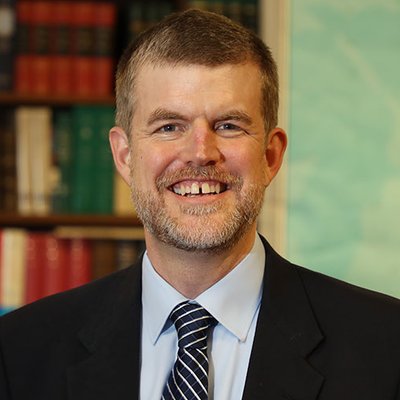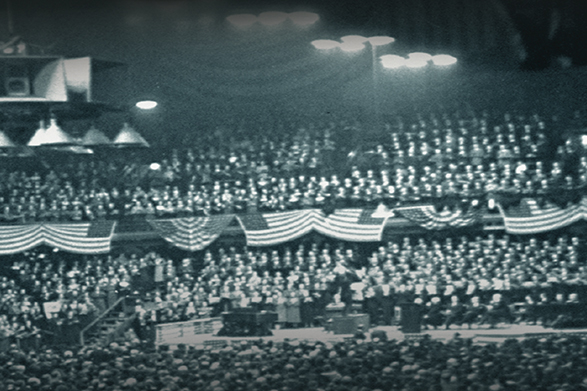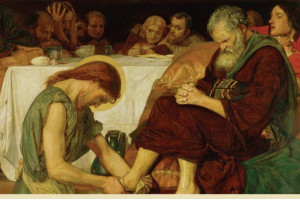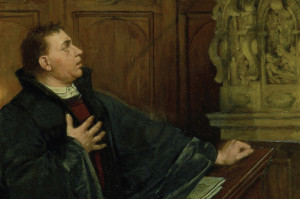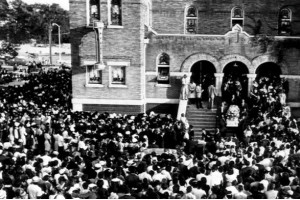In the post-9/11 world, it is not difficult to see how important religion remains in America and around the globe. An older generation of scholars expected that America and the rest of the Western world was headed inexorably toward secularization and the end of religion. America is undoubtedly secular in many ways, and our constitutional order requires a clear distinction between faith communities and government. Yet from the colonial era to the present, American men and women have been, and have remained, a pervasively religious people.
In America's Religious History, leading historian Thomas S. Kidd traces the theological and ethnic diversity and enduring strength of American religion, with special attention to Christianity and evangelical faith. Interweaving religious history and key events from the larger narrative of American history, the course considers how faith commitments and categories have shaped the nation.
Taught with the student in mind, America's Religious History offers an up-to-date, narrative introduction useful for undergraduate and graduate-level courses on American religion. Learners wanting to better understand the religious background of American life and politics will enjoy its engaging and insightful overview.
By completing this course, you’ll gain:
- Foundational knowledge about the roots and development of American religion throughout the country’s history
- Insight into the relationships between race, immigration, denomination, and culture and how they have impacted American religion
- A deeper understanding of how religion shapes American politics, historically and in today’s current climate
- Confidence in your growing knowledge through personalized review sessions and unit assessments
